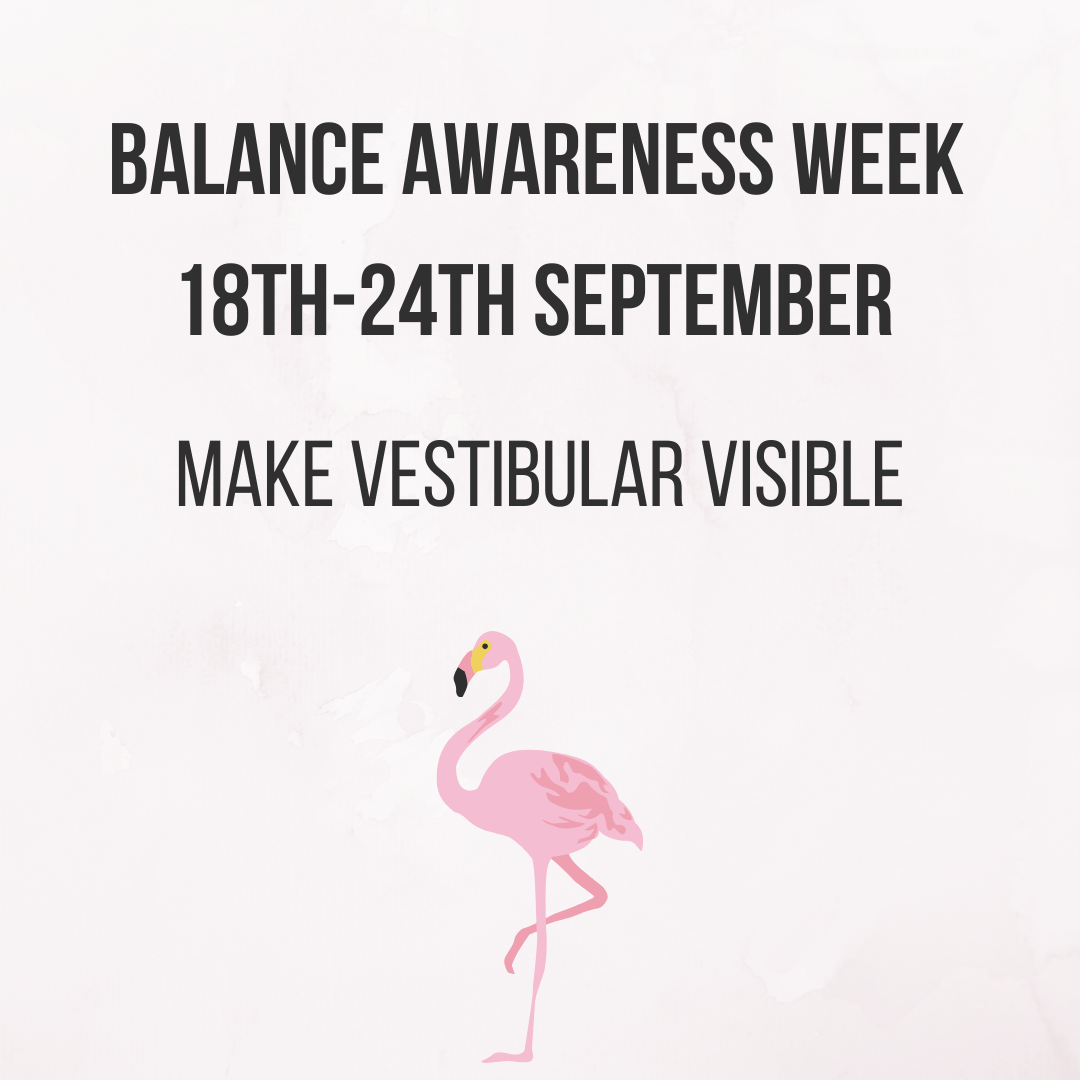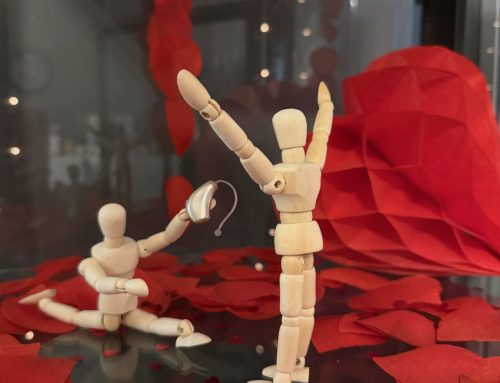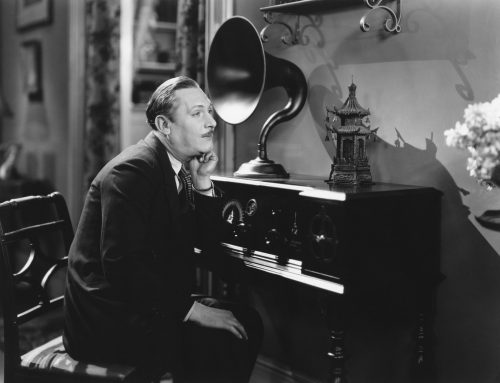This week is Balance Awareness Week!
But what does Balance Awareness Week have to do with your ears you ask? Plenty! Our ears play an important part in keeping us balanced.
The inner ear is made up of the cochlear for hearing and the vestibular system for balance. The vestibular system is one of the sensory systems that provides your brain with information about balance, motion, and the location of your head in relation to your surroundings. Three loops called semi-circular canals can be found in your inner ear that sense up and down, side to side and tilting movements. Each of these canals has hair cells that send messages to your brain about how you are moving. As a result, this information helps to keep your balance. But a problem with your inner ear can lead to issues with balance, dizziness, and vertigo. Here’s a helpful diagram of the vestibular system!
Make Vestibular Visible this Balance Awareness Week
The aim during this week is to raise awareness of balance disorders. It’s estimated that as many as 40% of adults are affected by balance issues at some point in their life. Because balance disorders are a hidden disability, those affected do not always feel understood by friends, family and colleagues.
What can cause Balance Disorders?
There are lots of factors that cause balance problems such as medication, ear infections, head injuries and anything else that affects the brain or inner ear. Low blood pressure, problems that affect the skeletal or visual systems can also cause balance problems. The risk of having a balance problem also increases with age. Many balance disorders start suddenly with no obvious cause.
Examples of vestibular conditions
Because there are lots of different balance disorders that many people haven’t heard of, the aim is to spread awareness of these to help those affected.
• Benign paroxysmal positional vertigo (BPPV)
• Endolymphatic hydrops
• Labyrinthitis
• Mal de debarquement syndrome (MdDS)
• Ménière’s disease/syndrome
• Perilymph fistula
• Persistent Postural-Perceptual Dizziness (PPPD)
• Superior semicircular canal dehiscence
• Vestibular migraine
• Vestibular neuritis
Feeling off balance?
It’s important to contact your GP to get to the bottom of why you’re experience balance problems.
Symptoms such as dizziness/vertigo (spinning sensation), hearing loss, tinnitus, headaches, sensitivity to noise, sickness and nausea could suggest a balance problem.
Balance disorders can be distressing and, in some cases, debilitating for those who are affected. As a result, depression and anxiety may also affect those suffering from balance disorders. Meniere’s.org has some great tips and useful information on how to cope day to day. It also shares information on getting support from others as well as more general support.

For balance problems we always recommend contacting your GP first but if you have any queries about your ears, please contact us here.






